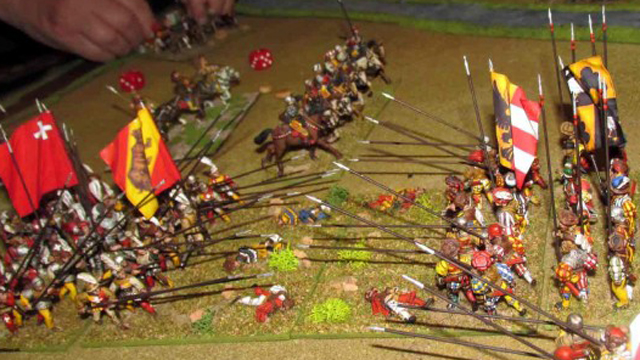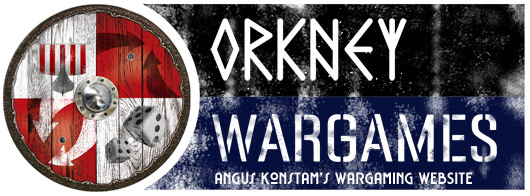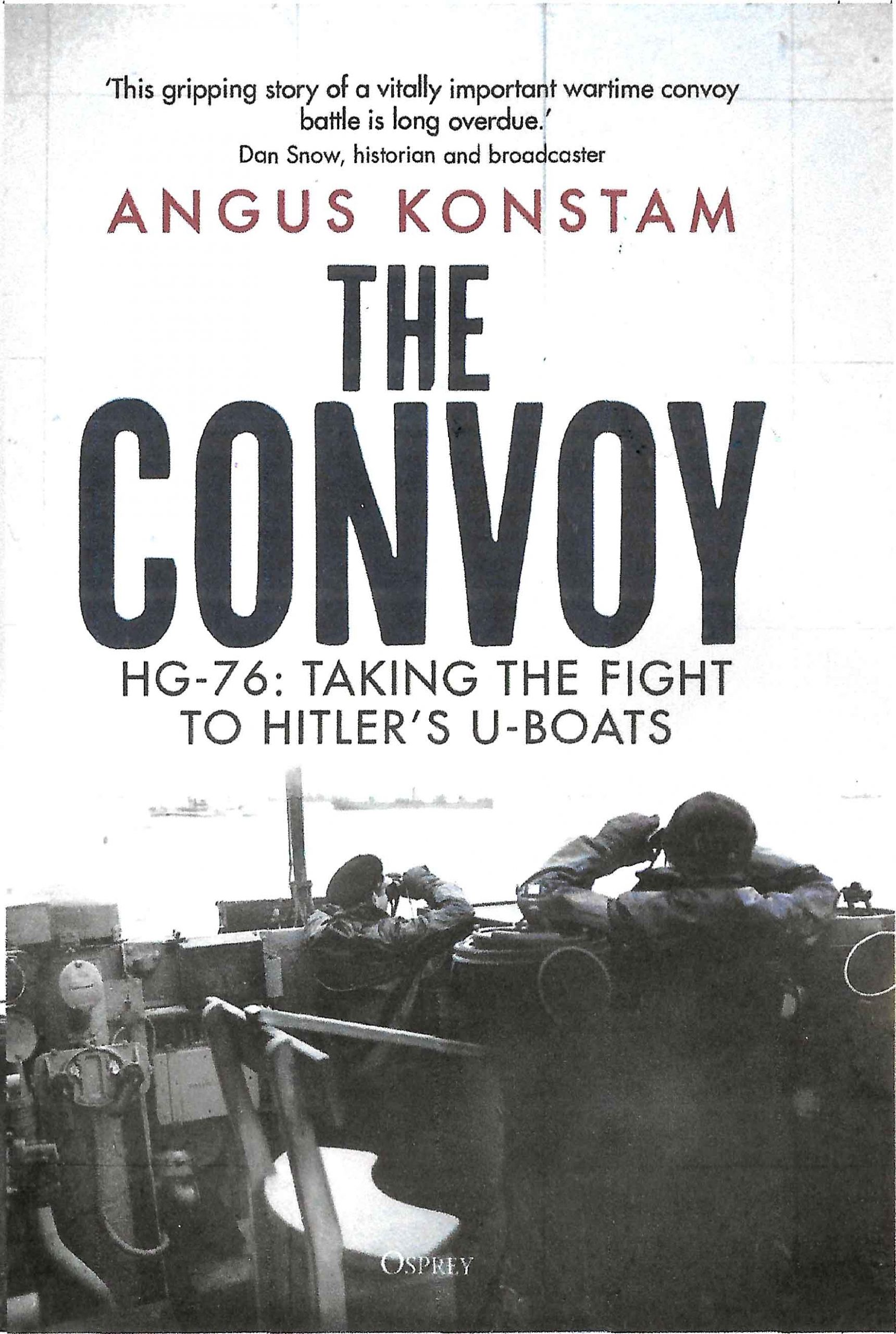
The Battle of Pavia, 1525
22nd November 2015, Comments Off
The Italian Wars, Pike & Shotte, 28mm
We called this game Pavia because it was loosely based on the Battle of Pavia, but really it should be Pavia Light, as only the general proportions of troops and dispositions were the same as in the real battle. This game had no walled city, no French siegeworks or Imperialist camp, and there was only a token nod towards the park walls that surrounded much of the battlefield. Also, the small hunting lodge of Mirabello was replaced by a small encampment, at one end of a wood. If you want to learn more about the proper battle, you could do worse than ready my Osprey campaign book on it: Pavia1525. The game began with the Imperialists (commanded by myself and Michael – who was also umpiring), marching through the hole knocked in the northern end of the park wall. My three pike blocks (two Landsknecht, one Spanish) headed left, towards the waiting Swiss, while our lighter troops moved through the open woods of the park, heading in the general direction of Mirabello – sorry – of the camp.
The game began with the Imperialists (commanded by myself and Michael – who was also umpiring), marching through the hole knocked in the northern end of the park wall. My three pike blocks (two Landsknecht, one Spanish) headed left, towards the waiting Swiss, while our lighter troops moved through the open woods of the park, heading in the general direction of Mirabello – sorry – of the camp. The city of Pavia was off the southern end of the table, as were the siegeworks. A bridge spanned the Vernavola stream, giving the French an easy way to move from one bank to the other, but the woods dominating the centre of the table were impassable to cavalry. this didn’t help the French gendarmes, who were deployed facing the woods on the west side of the table. the Swiss were in the south-east corner, and various other units – French guns and infantry mainly – were in the south-west. Donald commanded the French army with aplomb and the low military cunning one expects of a Renaissance Prince.
The city of Pavia was off the southern end of the table, as were the siegeworks. A bridge spanned the Vernavola stream, giving the French an easy way to move from one bank to the other, but the woods dominating the centre of the table were impassable to cavalry. this didn’t help the French gendarmes, who were deployed facing the woods on the west side of the table. the Swiss were in the south-east corner, and various other units – French guns and infantry mainly – were in the south-west. Donald commanded the French army with aplomb and the low military cunning one expects of a Renaissance Prince. The battle began with a general Imperialist advance, and once in range the Spanish arquebusiers began firing on the gendarmes from the cover of the woods. At this point the French commander tried to move them out of the way, and “blundered”. the result was that the whole mass of French cavalry headed off the table, and didn’t re-appear for another turn or two. That was a good start, but elsewhere things weren’t going the Imperialists way. The French guns began firing on the Imperialist pike blocks as they advanced towards the Swiss, and French and Italian light cavalry harried the pikes too, as did Swiss skirmishers.
The battle began with a general Imperialist advance, and once in range the Spanish arquebusiers began firing on the gendarmes from the cover of the woods. At this point the French commander tried to move them out of the way, and “blundered”. the result was that the whole mass of French cavalry headed off the table, and didn’t re-appear for another turn or two. That was a good start, but elsewhere things weren’t going the Imperialists way. The French guns began firing on the Imperialist pike blocks as they advanced towards the Swiss, and French and Italian light cavalry harried the pikes too, as did Swiss skirmishers. The advance continued though, and soon the two sides charged and counter charged. the Swiss pilled into the Landsknechts, who had just been disordered by artillery fire. The melee was bloody, but by the end the first Landsknecht unit had a “break test”, lost badly and then fled the field. revenge was sweet though, as the following turn the landsknechts piled in, before the first Swiss unit was able to recover from being “shaken”. The result was another break test, and the Swiss were removed from the tabletop. So, one pike block lost apiece, and the battle was still all to play for.
The advance continued though, and soon the two sides charged and counter charged. the Swiss pilled into the Landsknechts, who had just been disordered by artillery fire. The melee was bloody, but by the end the first Landsknecht unit had a “break test”, lost badly and then fled the field. revenge was sweet though, as the following turn the landsknechts piled in, before the first Swiss unit was able to recover from being “shaken”. The result was another break test, and the Swiss were removed from the tabletop. So, one pike block lost apiece, and the battle was still all to play for. Our light cavalry clashed with their French counterparts and drove them off. Actually we were caught on the hop – they charged us while we were stationary, but thanks to some poor French die rolling the attack was repulsed. that’s the clash in the picture below, next to the one of the Landsknecht pikemen. By now though, two things were happening. the first is that the French infantry – led by the Black Band of renegade Landsknechts – had advanced as far as the Imperialist camp which was standing in for Mirabello. Michael didn’t really have much to oppose them, save for crossbowmen and handgunners, but that was OK – the pikemen couldn’t really advance further thanks to the woods, and the crossbowmen could fire at them with relative impunity.
Our light cavalry clashed with their French counterparts and drove them off. Actually we were caught on the hop – they charged us while we were stationary, but thanks to some poor French die rolling the attack was repulsed. that’s the clash in the picture below, next to the one of the Landsknecht pikemen. By now though, two things were happening. the first is that the French infantry – led by the Black Band of renegade Landsknechts – had advanced as far as the Imperialist camp which was standing in for Mirabello. Michael didn’t really have much to oppose them, save for crossbowmen and handgunners, but that was OK – the pikemen couldn’t really advance further thanks to the woods, and the crossbowmen could fire at them with relative impunity. The other development was a lot more serious. Having recovered from their “blunder” the French gendarmes – three units of them – crossed the bridge over the Vernavola and pitched up behind the remaining unit of Swiss pikemen. We had our own Imperialist cavalry though – Germans and Spaniards – and while they weren’t as good as the French they should face off the enemy long enough for our landsknecht pike blocks to see off the Swiss. That’s the Imperialist heavy cavalry below. This, of course, was wishful thinking. The next turn the Imperialist cavalry charged the guns, and the front unit was hit by some devastating artillery fire. It was “shaken”, “disordered” and forced to take a morale test – which it failed. The unit was removed from the table, leaving us with two men-at-arms units – hardly enough to face off three units of better quality French gendarmes. The following turn the French won the initiative and charged – and that was that. We were locked in melee, and only some really amazing die rolling would turn things around.
The other development was a lot more serious. Having recovered from their “blunder” the French gendarmes – three units of them – crossed the bridge over the Vernavola and pitched up behind the remaining unit of Swiss pikemen. We had our own Imperialist cavalry though – Germans and Spaniards – and while they weren’t as good as the French they should face off the enemy long enough for our landsknecht pike blocks to see off the Swiss. That’s the Imperialist heavy cavalry below. This, of course, was wishful thinking. The next turn the Imperialist cavalry charged the guns, and the front unit was hit by some devastating artillery fire. It was “shaken”, “disordered” and forced to take a morale test – which it failed. The unit was removed from the table, leaving us with two men-at-arms units – hardly enough to face off three units of better quality French gendarmes. The following turn the French won the initiative and charged – and that was that. We were locked in melee, and only some really amazing die rolling would turn things around. The gendarmes weren’t the only units to charge though. On the same turn out Landsknechts charged into the Swiss, initiating the ultimate “bad war” pike melee. The die rolled, the hits were taken, the hits – some of them were saved – and thanks to “supports” we won. The result was the Swiss had to take a break test, and failed it. That meant the Swiss pikes had been overrun. This should have been enough to secure victory for the Imperialists – were it not for their men-at-arms. At that point Donald had to head home, so we never got to play the melee. I’m rather glad though – Michael’s men-at-arms would probably have been slaughtered, and our remaining blocks of German and Spanish pikemen would have been cut off from the rest of the Imperialist army.
The gendarmes weren’t the only units to charge though. On the same turn out Landsknechts charged into the Swiss, initiating the ultimate “bad war” pike melee. The die rolled, the hits were taken, the hits – some of them were saved – and thanks to “supports” we won. The result was the Swiss had to take a break test, and failed it. That meant the Swiss pikes had been overrun. This should have been enough to secure victory for the Imperialists – were it not for their men-at-arms. At that point Donald had to head home, so we never got to play the melee. I’m rather glad though – Michael’s men-at-arms would probably have been slaughtered, and our remaining blocks of German and Spanish pikemen would have been cut off from the rest of the Imperialist army. The French had achieved their objective – the recapture of the Imperialist camp / Mirabello – and while the tactical situation wasn’t great for them, it was much worse for us. So, like good civilised Condottieri Michael and I declared the battle a minor French victory, and packed our toys away. They won’#t be packed away for long – the Italian Wars are so colourful and the games are so enjoyable in a “rock, scissors and paper” kind of way that we’ll be playing another game soon. Even more dangerously, when I got home I whistled up a few “sample ” packs of Italian pikemen and crossbowmen – just to test the waters. Watch this space .. before you know it I could well have a fun new period on my hands.
The French had achieved their objective – the recapture of the Imperialist camp / Mirabello – and while the tactical situation wasn’t great for them, it was much worse for us. So, like good civilised Condottieri Michael and I declared the battle a minor French victory, and packed our toys away. They won’#t be packed away for long – the Italian Wars are so colourful and the games are so enjoyable in a “rock, scissors and paper” kind of way that we’ll be playing another game soon. Even more dangerously, when I got home I whistled up a few “sample ” packs of Italian pikemen and crossbowmen – just to test the waters. Watch this space .. before you know it I could well have a fun new period on my hands.

